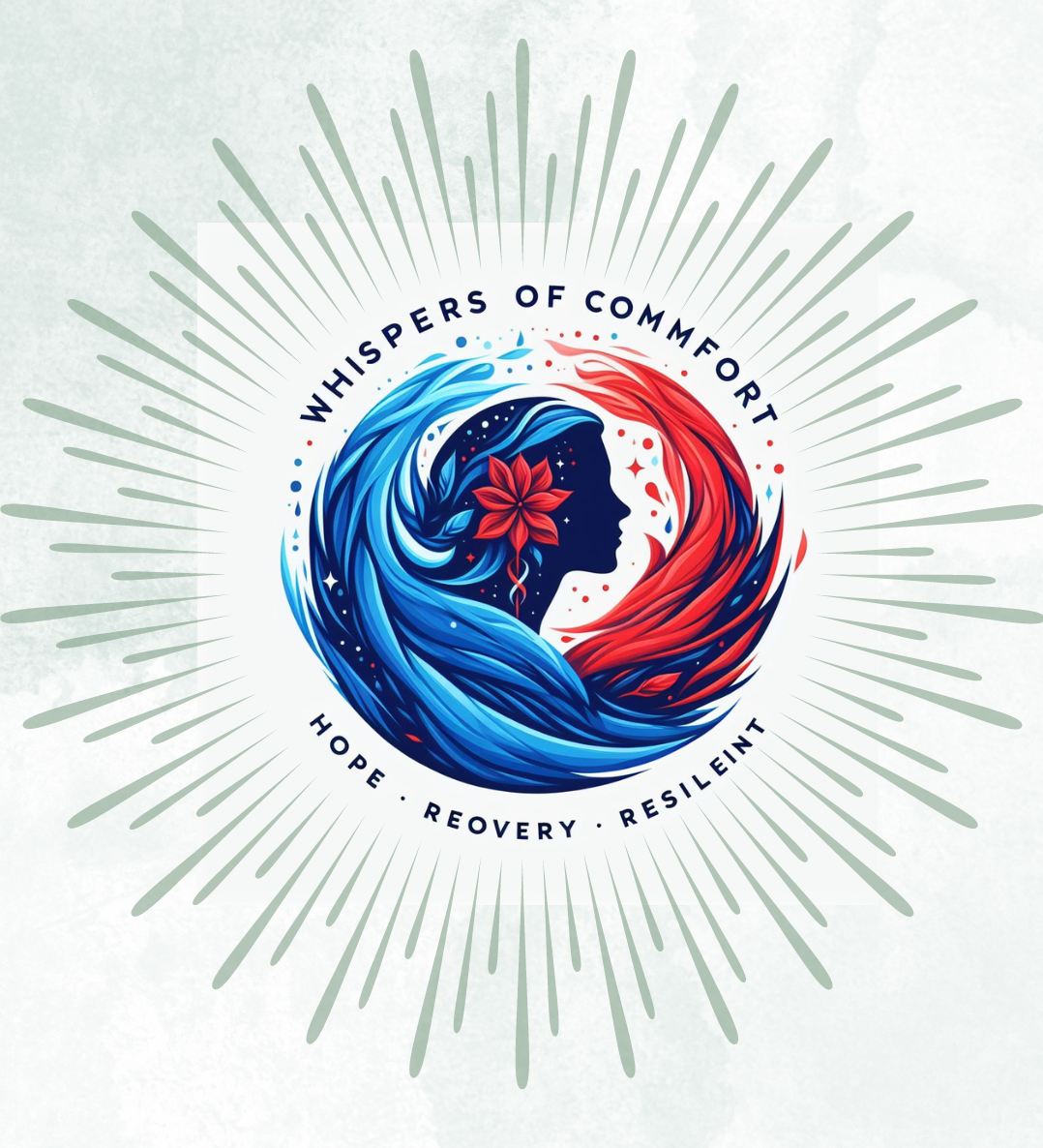
Grief and substance abuse often form a vicious circle where each exacerbates the other, creating a complex web of emotional and physical dependency.
I’m going to tackle a tough subject today: grief and its complex relationship with substance use. Grief is something we all face at some point, and it’s not just about dealing with death. It can stem from any significant loss, be it a relationship, a job, or even a cherished dream. Grief’s landscape is vast, including a range of emotions from deep sadness to overwhelming anger, and it’s an intensely personal journey for each individual.
The path through grief is never a straight line; it can trigger a range of coping mechanisms, healthy or otherwise. This is where we often see the relationship between grief and substance abuse start to form. You’re going to find out about how turning to alcohol or drugs can seem like a quick fix, a way to numb the pain or simply make it through another day. Sadly, this temporary solace can quickly spiral into dependency.
Focusing on the warning signs is crucial. Maybe it’s a shift in behavior, a retreat from social circles, or a change in routine that revolves increasingly around substance use. These signs might whisper before they shout, making it all too easy to overlook them until they’ve grown into much larger issues. This isn’t just about being informed; it’s about being vigilant in the context of loss and mourning.
In my opinion, delving into this link between grief and substance abuse sets the stage for a crucial conversation—one that navigates the treacherous waters between sorrow and dependency. As we press on, I’ll shine a light on the often misunderstood cycle of negative thinking that can ensnare individuals in their most vulnerable moments. Understanding this cycle is the first step towards breaking free from the chains of addiction that grief can sometimes fortify.
The Vicious Cycle: Negative Thinking, Grief, and Substance Use
Grief, with its crushing weight, can lead you down a shadowy pathway to negative thinking. This isn’t just about feeling sad; it’s about a mindset that colors every thought and decision with pessimism and hopelessness. When you’re grieving, you might find it tough to envision a future without pain, leading to a perpetual loop of negative thoughts.
Picture this: You’re caught in a relentless cycle where grief feeds negative thoughts, which, in turn, breed more grief. Each round amplifies the suffering, and without intervention, this cycle can spiral out of control. Understanding this dangerous loop is essential, as it’s often where substance abuse finds its roots.
The path from grief to addiction can start innocently enough. You might reach for a drink to numb the ache, or maybe dabble with other substances as a temporary escape from the relentless mental anguish. But here’s the kicker: while it feels like a brief reprieve, you’re actually slipping deeper into the cycle, as substances only serve as a band-aid solution to an ever-growing wound.
So, how do you catch yourself before you’re swept too far into this tide? It starts with self-awareness. Keeping a keen eye on your behaviors and emotional states post-loss is crucial. Spotting patterns such as increased isolation, escapism through substances, or a persistent negative outlook can be tell-tale signs that you’re in the thick of it.
Now, hold on to that thought as we march forward into the next section, where you’re going to find out about the lifelines that alcohol and substance abuse programs offer. They’re not only a beacon for those navigating the stormy seas of grief, but also for anyone ensnared in the cycle of negative thinking and substance use. Hang tight, because there’s a way out, and you don’t have to do it alone.

If you’re grappling with the impact of grief and find it’s leading you down the path of substance abuse, you’re far from alone. Many people face this challenge, and the good news is there are numerous alcohol and substance abuse programs designed to help.
Professional treatment programs play a crucial role in the recovery process for individuals coping with both loss and addiction. These programs offer a structured environment where you can focus on healing with the support of counselors and peers who understand exactly what you’re going through.
Personal stories of recovery can be incredibly powerful. Hearing from others who have walked a similar path can offer hope and concrete examples of the benefits of seeking help. These narratives often highlight the positive changes that structured support brings to individuals struggling with grief-induced substance abuse.
One size doesn’t fit all when it comes to treatment programs. A tailored approach, which may include therapy, medication, peer support groups, and lifestyle changes, is often the most effective path. Experts in these programs work with you to create a personalized plan that addresses all aspects of your well-being, recognizing that the combination of grief and substance abuse requires special attention.
Breaking the Cycle: Strategies for Long-Term Recovery
You’re going to find out about actionable strategies that pave the way for recovery from both grief and substance abuse. It’s not just about overcoming a difficult period; it’s also about building a foundation for a healthier future.
Cultivating positive thinking is a cornerstone of this process. I’m not suggesting that you simply ‘stay positive, but rather that you acknowledge and work through negative emotions in a constructive manner. Engaging in talk therapy, journaling, or mindfulness can help mitigate the harm caused by negative thinking.
Having a tight-knit support network is critical. Choose something that resonates with you; it might be a support group, friends, or family. Remember, you’re not alone in this, and lean on others when the going gets tough.
I’m here to help you with practical advice on maintaining your sobriety. You’ll want to know your triggers and have a plan in place to deal with them. Don’t worry too much about perfection; your first attempt doesn’t need to be your last. You can always adjust your approach down the road.
I hope that you carry these tips with you as you move forward. Sobriety and healing from grief are journeys with ups and downs. However, with the right strategies and support, you can forge a path to a rewarding and fulfilling life.
Understanding the interplay between grief and substance abuse is crucial for developing effective interventions and support mechanisms to help individuals reclaim their lives and break free from the grip of this destructive pattern.
Kindly share your comments and experiences below.
Are you a wealthy affiliate yet? Affiliate marketing success.
Simplified. Turn your passion, hobby, or interest into your success story! Join Wealthy Affiliate today: https://www.
**Here’s a little transparency: Our website contains affiliate links. We may receive a small commission if you click and make a purchase. Don’t worry, as there’s no extra cost to you. It’s a simple way to support our mission of bringing you quality content.
Follow me on social media!

Hi Makinde,
. As someone who has personally experienced the devastating effects of grief and its intersection with substance abuse, I can’t thank you enough for shedding light on this often misunderstood issue. Your emphasis on self-awareness and seeking support resonates deeply with me, and I’m grateful for the practical strategies you’ve shared for breaking free from this destructive cycle. Keep up the good work and I hope people find it helpful too!!
Regards
Nouman
Hi Nouman,
Thank you for your thoughtful contributions to this article and the personal experience you shared. I’m glad you found the article helpful and impactful.
Your comment underscores the importance of raising awareness and offering adequate support for those facing similar challenges.
Together, we can help more people break free from this vicious cycle.
I appreciate your kind words and your boldness in sharing your personal experience, which can serve as a source of inspiration to others.
Remain blessed,
Makinde.
Breaking the cycle of abuse is important. Indeed, it’s not enough to say that you’ve quit doing some substance but it should be long-lasting. And I agree that you shouldn’t grieve over it; or adopt negative emotions around it. on the contrary, you must maintain a positive attitude towards life because positivity helps you attract the best in life.
Hello Angelce903,
Thank you for your contributions to the article. I completely agree with your view: lasting change is the key to breaking the cycle of abuse.
Staying positive and burying negative emotions are of paramount importance, as positive attitude attracts positive energy in all endeavours and a better outcome.
I appreciate your thoughtfulness and insights.
Thanks.
Makinde